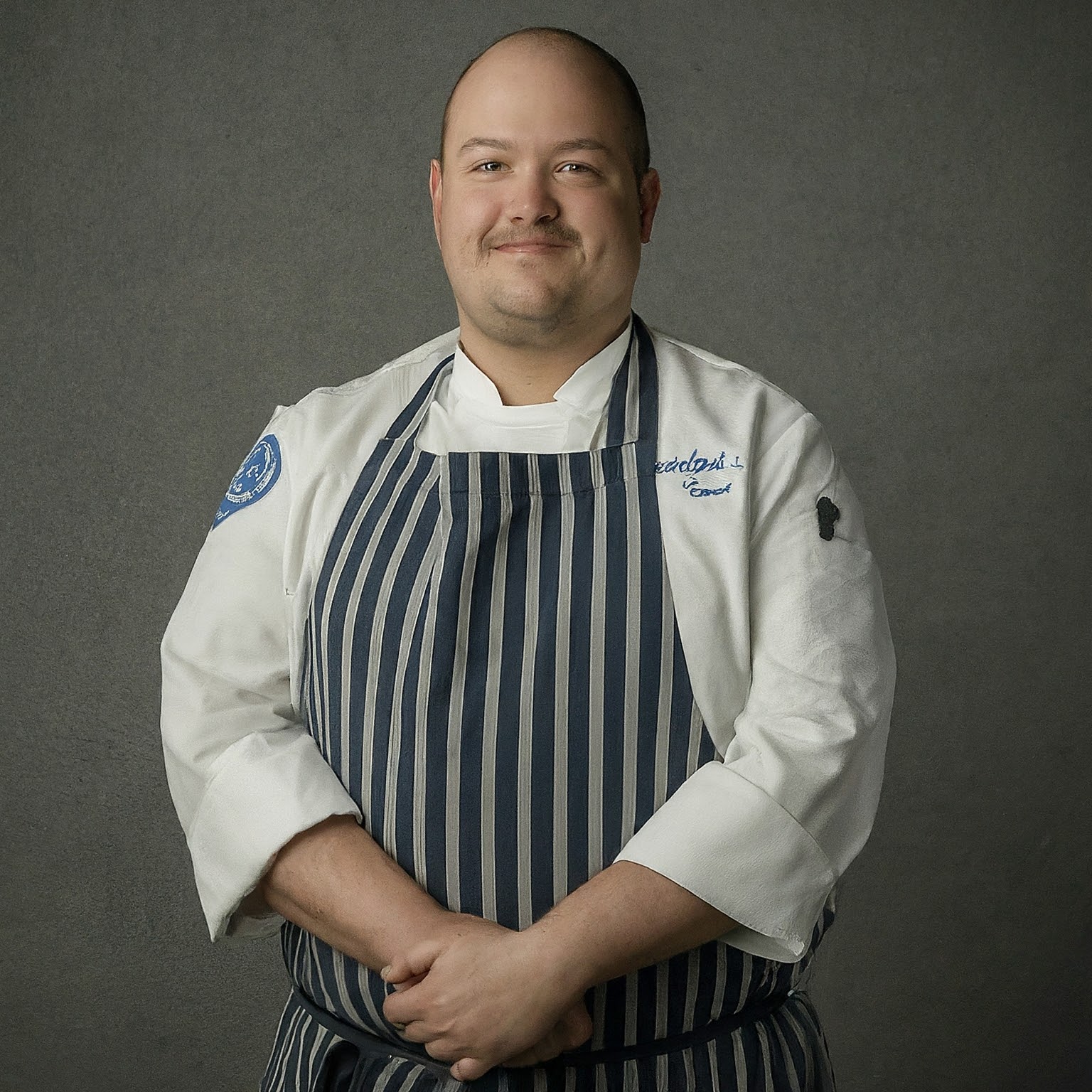
A sous chef
In the dynamic world of professional kitchens, the role of a sous chef is pivotal. Positioned just below the executive chef, the sous chef is the linchpin that holds the team together, ensuring smooth operations and culinary excellence.
This article delves into the intricacies of leading a kitchen team as a sous chef, highlighting the essential skills, strategies, and qualities needed for success.
We’ll also address common questions and provide a comprehensive conclusion to guide aspiring sous chefs.
Understanding the Role of a Sous Chef
A sous chef, often considered the backbone of the kitchen, is responsible for overseeing the daily operations, managing staff, and ensuring that every dish meets the restaurant’s standards.
This role requires a blend of culinary expertise, leadership, and organizational skills. Here’s an in-depth look at what it takes to lead a kitchen team effectively as a sous chef.
Mastering Culinary Skills
1. Continuous Skill Development: To lead a team, a sous chef must first be an expert in culinary arts. Continuous learning through advanced courses, and workshops, and staying updated with the latest cooking techniques and trends are essential.
Mastering both classic and modern culinary techniques ensures that the sous chef can guide the team through any culinary challenge.
2. Menu Development: Active participation in menu planning and development is crucial. A sous chef should bring creativity and innovation to the table, experimenting with new recipes and presentations.
This keeps the menu exciting and motivates the team to push their culinary boundaries.
Leadership and Management
3. Effective Communication: Clear and concise communication is vital in a fast-paced kitchen environment.
A sous chef must effectively convey instructions, provide feedback, and resolve conflicts. Building strong communication skills helps maintain a harmonious and efficient kitchen.
4. Team Building and Mentorship: A successful sous chef fosters a positive team environment. Invest time in training and mentoring junior staff, encouraging their growth and development.
Recognizing and nurturing talent within your team not only improves kitchen performance but also boosts morale and loyalty.
5. Time Management and Organization: The ability to multitask and manage time efficiently is crucial.
Plan and prioritize tasks to ensure smooth kitchen operations, especially during busy service hours. Organizational skills, such as maintaining inventory and scheduling staff, are also vital for seamless kitchen management.
Building a Cohesive Team
6. Lead by Example: A sous chef sets the tone for the kitchen. Leading by example in terms of work ethic, attitude, and professionalism inspires the team to follow suit.
Demonstrating dedication and passion for the craft motivates others to strive for excellence.
7. Delegation and Empowerment: Effective delegation is key to managing a kitchen team. Trusting your team members with responsibilities not only eases your workload but also empowers them and builds their confidence.
Ensure that each team member understands their role and is equipped to perform their tasks efficiently.
8. Conflict Resolution: Conflicts are inevitable in a high-pressure environment. A sous chef must possess strong conflict resolution skills, addressing issues promptly and fairly. Maintaining a positive and respectful work environment is essential for team cohesion and productivity.
Personal and Professional Development
9. Resilience and Adaptability: The culinary industry can be demanding and unpredictable. Developing resilience and the ability to adapt to changing circumstances is crucial.
Stay calm under pressure, learn from setbacks, and remain focused on continuous improvement.
10. Career Advancement: Set clear career goals and work towards achieving them. Seek feedback from your executive chef and peers to identify areas for improvement.
Taking on additional responsibilities, such as managing special events or leading new projects, can demonstrate your readiness for further career advancement.
FAQ: Leading as a Sous Chef
Q1: What qualifications are necessary to become a sous chef? A1: While formal culinary education is beneficial, experience and skills are paramount.
Many sous chefs start as line cooks and work their way up through hands-on experience and continuous learning.
Q2: How can I improve my leadership skills as a sous chef? A2: Focus on effective communication, active listening, and empathy.
Lead by example, provide constructive feedback, and invest in your team’s development. Leadership courses and mentorship programs can also enhance your skills.
Q3: What are the biggest challenges faced by sous chefs? A3: Common challenges include managing kitchen staff, maintaining quality under pressure, handling supply chain issues, and balancing creativity with consistency.
Effective problem-solving and time-management skills are crucial in overcoming these challenges.
Q4: How important is creativity in the role of a sous chef? A4: Creativity is essential. It keeps the menu fresh and exciting, attracts customers, and distinguishes the restaurant from competitors. Always seek inspiration and be open to experimenting with new ideas.
Q5: What is the typical career path for a sous chef? A5: A sous chef typically progresses to an executive chef role.
Gaining experience in various kitchen positions, continuous learning, and developing strong leadership skills can pave the way for career advancement.
Conclusion
Leading a kitchen team as a sous chef is both challenging and rewarding. It requires a blend of culinary expertise, leadership abilities, and organizational skills.
By mastering your craft, fostering a positive team environment, and continuously developing both personally and professionally, you can excel in this crucial role.
Embrace the journey, and you’ll find that the experience and skills gained as a sous chef will serve as a strong foundation for a successful culinary career.

